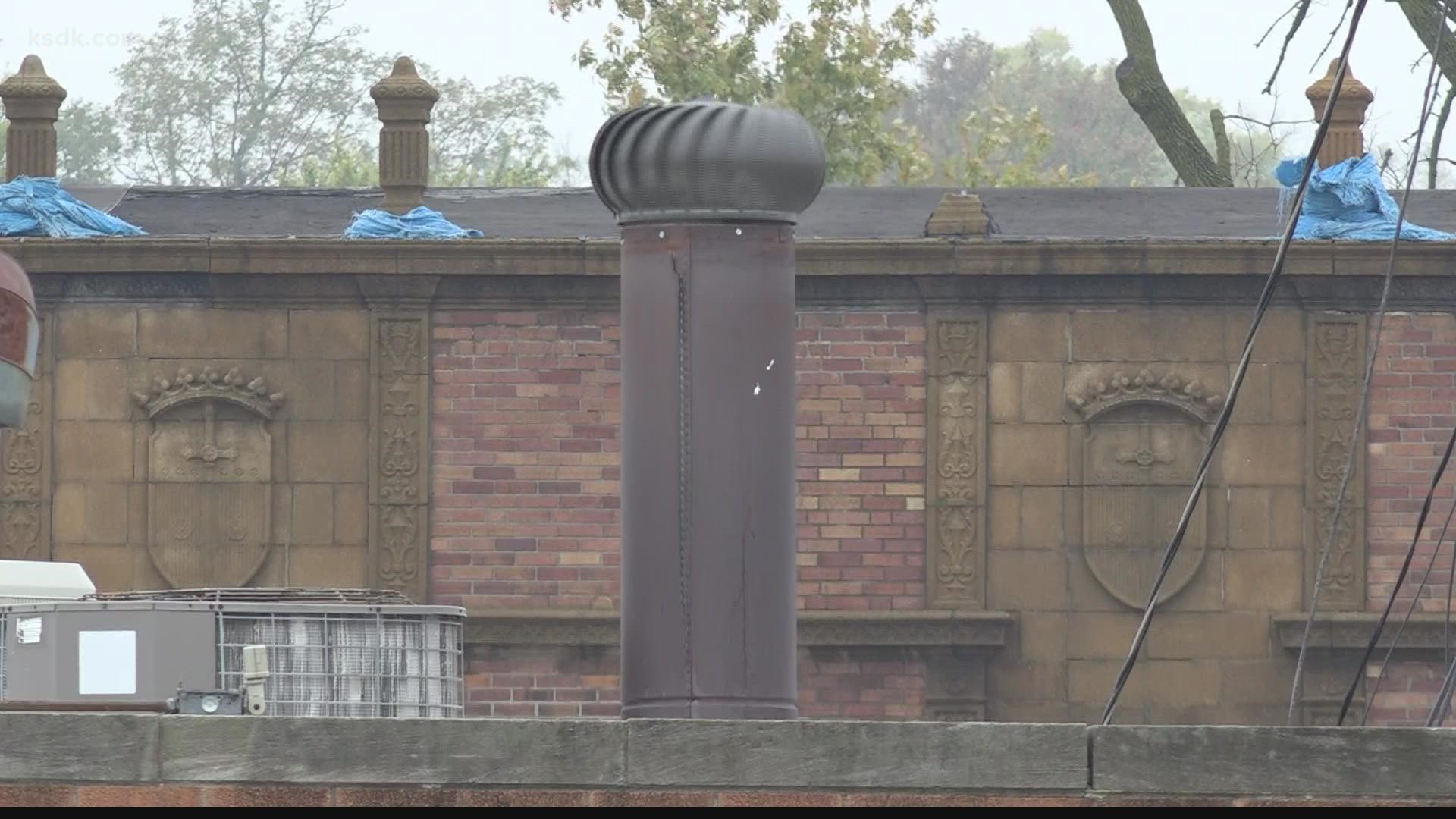ST. LOUIS — Poor air quality is an issue that disproportionately affects black communities across the country, and St. Louis is no exception.
"St. Louis has some of the dirtiest air," explains New Northside Missionary Baptist Church Reverend Rodrick Burton. "And how that shows up is in the African-American community, you have high levels of asthma and other respiratory illnesses."
Reverend Burton told 5 On Your Side around two-thirds of his assembly either has asthma or lives with someone who does, including members of his own family.
In 2019, Washington University published the Environmental Racism Report which backs up Reverend Burton's claims. Now, Washington University and Metropolitan Congregations United are working towards a solution.
Washington University Professor of Energy, Environmental and Chemical Engineering Jay Turner says he is ready for the challenge, "I've got a fleet of graduate students and also undergraduate students engaged. What they will be doing is setting up air pollution monitors and samplers at churches."
The churches selected for Turner's sampling sites have been chosen through collaboration with Metropolitan Congregation United. Most data will be shared in real-time, but samples will also be taken to Professor Turner's lab for further analysis. By fall 2022, his team should have the findings.
Rebecca Weaver is the Cities Manager for the Nature Conservancy in Missouri, here's what she expects Turner's lab to uncover, "There are a number of speculations, there is a higher concentration of demolitions in certain parts of the city, most of those are in predominantly African American neighborhoods."
Neighborhoods like Reverend Burton's. He hopes the collaboration returns actionable results and offers local students a learning opportunity, "We're going to be working with the St. Louis Public School District so science teachers can work out some type of pilot program that students can get involved and learn about air quality."

